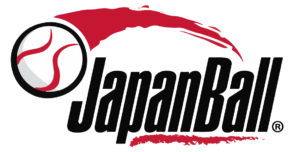The newest member of the Baseball Jobs Overseas database looking to take his career overseas, Mark Weidemaier, agreed to sit down with BBJO and share his knowledge and experience gained over the course of 30+ years in professional baseball, highlighted by two years working for Matt Williams and the Washington Nationals as the MLB Defensive Coordinator and Advance Coach.
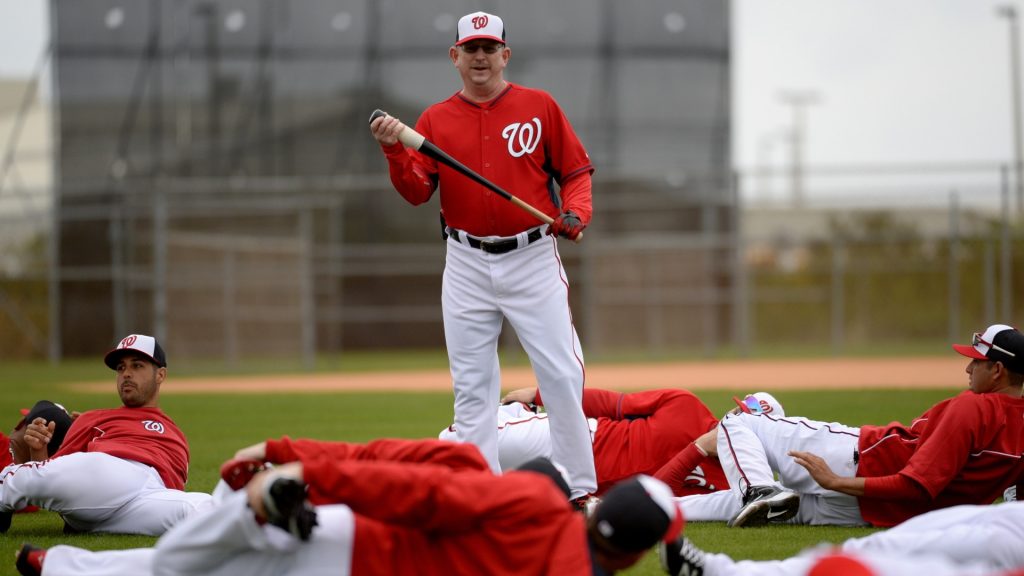 Mark has held down a variety of roles in the game over his career (as highlighted in his BBJO profile), which included positions with the Kansas City Royals, Los Angeles Angels, New York Yankees, Cleveland Indians, Chicago White Sox, Los Angeles Dodgers, Arizona Diamondbacks, Washington Nationals and most recently with the Cincinnati Reds in 2018.
Mark has held down a variety of roles in the game over his career (as highlighted in his BBJO profile), which included positions with the Kansas City Royals, Los Angeles Angels, New York Yankees, Cleveland Indians, Chicago White Sox, Los Angeles Dodgers, Arizona Diamondbacks, Washington Nationals and most recently with the Cincinnati Reds in 2018.
Mark has also spent a lot of time in professional baseball outside the U.S., most recently from 2016-2018 as the Scouting Coordinator and Coach for the Samsung Lions of the Korean Baseball Organization (KBO). He also has experience coaching in winter leagues in Mexico, Dominican Republic, and Venezuela.
BBJO:
What is the primary asset you bring to a baseball organization, both as an administrator and as a coach?
MW:
Asset wise, as an administrator, I bring my organizational philosophies on creating a winning culture and environment for the owners, managers, coaches, players, and support staff. I coordinate the training aspect of the team, from Spring Training on. Make the daily work schedules (see EXAMPLE PICS I WILL FORWARD), and supervise the overall Management of the team.
As a coach, my expertise is as Field Coordinator (overseeing the total Player Development implementation), coaching the coaches so to speak. My level of expertise as an infield/outfield instructor, baserunning and hitting, from the lowest age level to the Major leagues. My ability to manage or coach a ballclub both professionally as well as on the amateur levels.
BBJO:
You’ve spent a lot of time overseas in a variety of roles between Mexico, the DR, Venezuela, and for the past two years in Korea. What is it about overseas baseball that keeps you looking abroad frequently throughout your career?
MW:
I enjoy the challenge of working abroad and teaching the great game of baseball to various groups and teams worldwide. Baseball is the most over-coached, least taught game in the world.
BBJO:
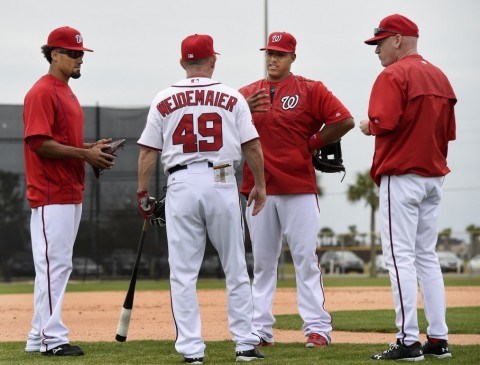 You have shown an ability to adapt to drastically different environments within a single year. The prime example of that is going from MLB Defensive Coordinator and Advance Coach for the Washington Nationals to coaching top level 14-18 year-olds in the DR within a year from 2015 to 2016. What skill set do you draw on or approach do you take to enable you to adapt to those changes while maintaining a high standard of coaching for the given level?
You have shown an ability to adapt to drastically different environments within a single year. The prime example of that is going from MLB Defensive Coordinator and Advance Coach for the Washington Nationals to coaching top level 14-18 year-olds in the DR within a year from 2015 to 2016. What skill set do you draw on or approach do you take to enable you to adapt to those changes while maintaining a high standard of coaching for the given level?
MW:
Whether it is the 14-16 age group or Major League players, there is one way to teach the game, not the “old school” or the “new school” the key is to teach from the “RIGHT SCHOOL.” Must be able to relate to the players and their various skill levels. Must be able to teach the correct fundamentals and proper techniques. Be able to keep it simple yet effective. The transfer of information in any language and to any age group is critical to the teaching process. The teacher must adapt to the level of student he is tasked with instructing.
BBJO:
Do you have any tips or hacks that has helped you in adjusting to living and coaching in countries where there is a completely different baseball culture, often including massive language and cultural barriers to overcome on and off the field?
MW:
When working as a Field Manager or Coach overseas, it is critical to remember you are in THEIR WORLD, certain ways they have of running the ballclub may be different than the way it is done in the Big Leagues or in the states, you must be able to adjust accordingly. As I was told in Mexico, ” nuestro mundo ” OUR WORLD, and to change their approach is often counterproductive. Learn to adapt and integrate your philosophies and coaching to the way the locals can relate to.
BBJO:
When considering all of the on-field and off-field roles in the game which you have undertaken, are there any that stand out as your bread-and-butter and why? Which was the most challenging and how did you approach it?
MW:
My “bread and butter” is the role of Advance Scout, Field Coordinator, Manager of a ballclub, and game planning ( quality control coach ). I have the ability to install and implement training from the scheduling to the actual on-field activities. I am a very good game planner and Manager. I am also well skilled in the scouting realm, all phases of scouting from player evaluation to actual team advance scouting. How to break down an upcoming opponent.
BBJO:
In your two seasons working for Matt Williams as the Nationals MLB Defensive Coordinator and Advance Coach, what were your primary takeaways of that experience for your own personal development as a coach?
MW:
My primary take away from two years coaching in the Big Leagues is the approach you take as an instructor is critical. First, you must earn the players trust, and go from there. The other critical aspect that I saw was the overall makeup and character of the players we had in the clubhouse. This is why player evaluation is so important and especially the human element of “eyes on the players,” qualified people have to watch the players and make evaluations. As one of my mentors, the late Bill Lajoie once told me, “character is not a statistic,” and cannot be found on a keyboard.
BBJO:
Everyone in baseball, whether as a player, coach, or administrator, dream of making it to the MLB. You managed to accomplish that. What would you say is your secret sauce that got you there? Feel free to brag a bit here!
MW:
Work ethic, the ability to communicate, and passion for the game. A commitment to excellence, and the stamina to pursue success. You must embrace the daily grind on and off the baseball field. Nothing worth working for, ever came easy and nobody said it would always be fair. You must inherit a dogged determination to achieve your goals and have a single-minded commitment to the daily task at hand.
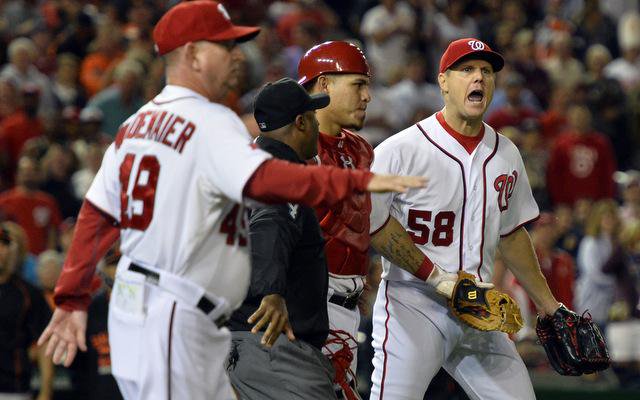 BBJO:
BBJO:
Are there any particular memories of your experience in the MLB which stand out that you like to tell at family gatherings or to the grandkids?
MW:
Just the ability to smell the grass and work at all the great baseball Cathedrals (STADIUMS) in the Major Leagues.
BBJO:
We all know that succeeding in anything in life often takes persevering through adversity. Do you have a specific moment of adversity, or moment that humbled you, that you persevered through and in turn provide you with the confidence in the eye of adversity moving forward in your career?
MW:
Too many moments of adversity to describe. Just know you will fail often, the ability to get back up and keep moving forward toward your goal and the determination to never quit is paramount in the pursuit of success in professional baseball and in life in general. Once again, I go back to the fact that it takes a great deal of stamina to pursue success. The three E’s (energy, enthusiasm, and effort).
BBJO:
What are your goals in the game from here and how does overseas play a part of that?
MW:
My goal is to keep working in the game I love. To work overseas and explore new frontiers, Manage, coach and instruct in Europe, Australia, Asia or Mexico, and Latin America. Summer Leagues or Winter Ball, so that I may share my knowledge and love for the game worldwide. I have a tremendous amount of baseball wisdom to impart and can lead a team to a Championship season by providing excellent coaching and by installing a culture and environment that breeds success from the top down.
Any clubs in professional leagues overseas or top clubs in Germany or the Czech Republic that want to benefit from Mark’s experience are encouraged to reach out to him about potentially joining their organization.
For anyone that has interest, below are some PDF documents which Mark shared for the post.
Nationals Hitter Advance Scouting Report
Nationals Spring training morning workout example
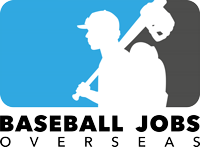
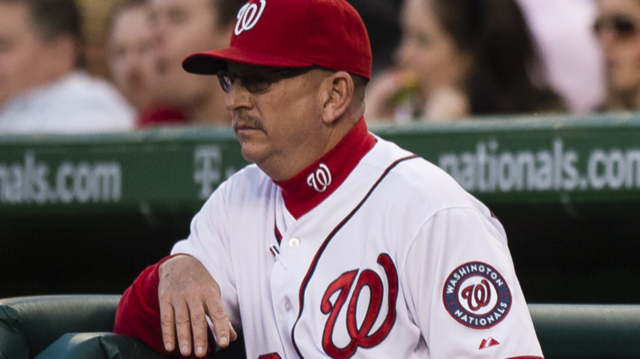
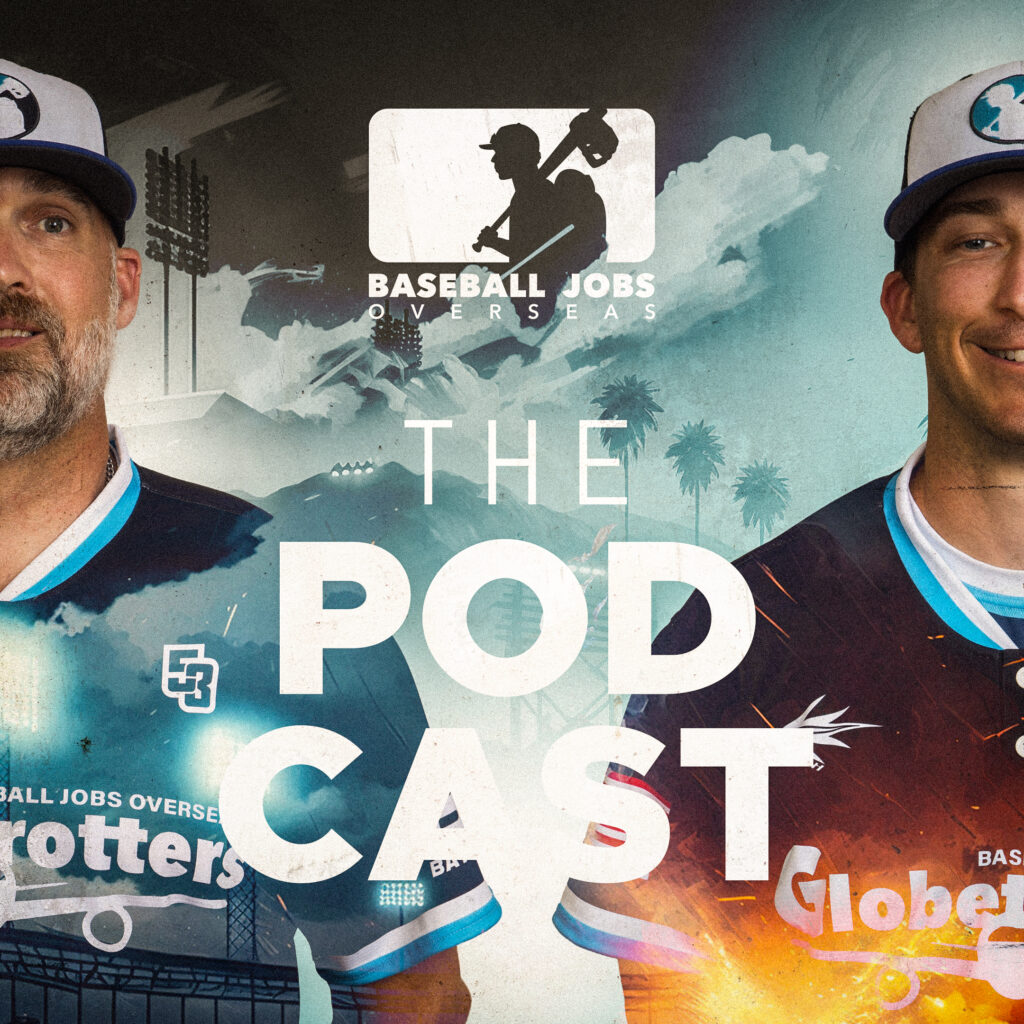

 Moonshot is a baseball apparel company based out of Mannheim, Germany, and is owned and operated by a good friend of ours, Juan Martin. What separates Moonshot from the other companies we have used in the past, is the value for your money and the customer service. You will not find prices like this in Europe or someone that responds faster.
Moonshot is a baseball apparel company based out of Mannheim, Germany, and is owned and operated by a good friend of ours, Juan Martin. What separates Moonshot from the other companies we have used in the past, is the value for your money and the customer service. You will not find prices like this in Europe or someone that responds faster. 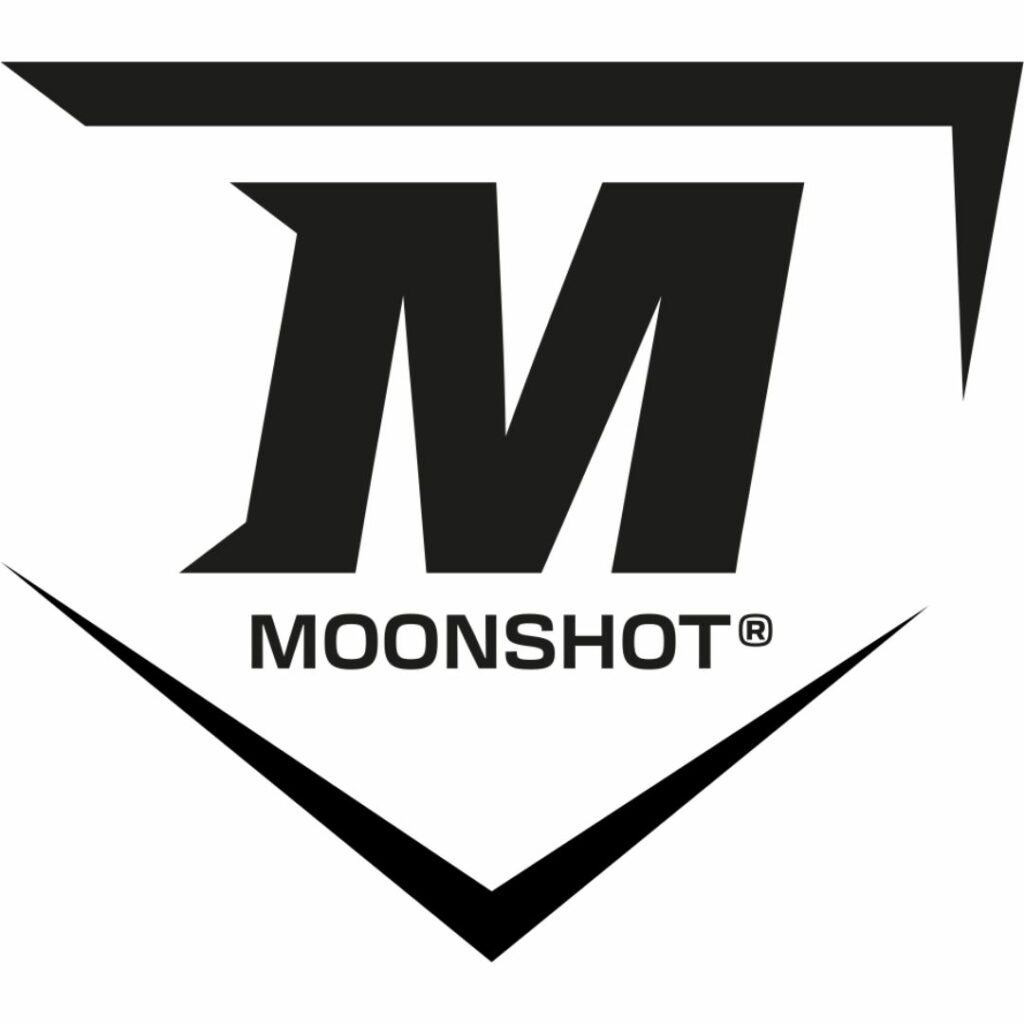
 High end, professional wood and composite bats with a wide selection of models using many different types of wood from Japan, North American and Taiwan. Hakusoh Bat is approved with the WBSC and across Europe.
High end, professional wood and composite bats with a wide selection of models using many different types of wood from Japan, North American and Taiwan. Hakusoh Bat is approved with the WBSC and across Europe. 




